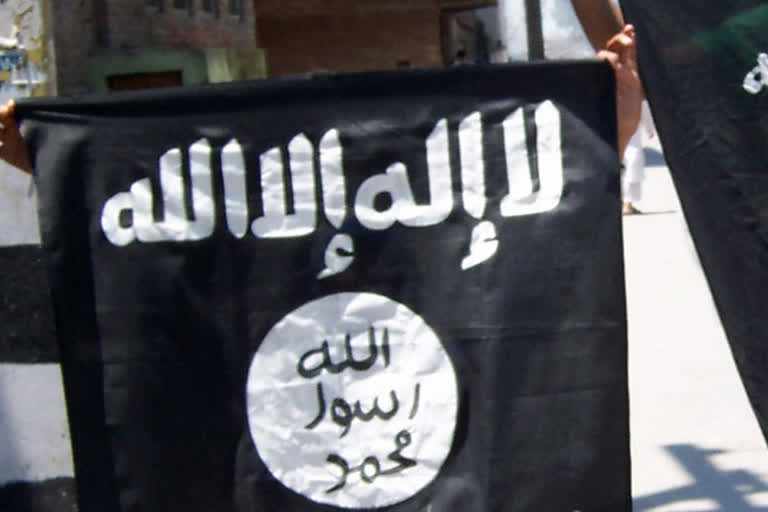New Delhi: With its stated aim of recruiting new members across Afghanistan, Pakistan and India, where it aims to increase its presence, the cash-rich Islamic State of Khorasan (ISK) is making attractive offers - from $500-a-month salary (about Rs 30,000) to laptops.
But according to a recently-released report by the Afghan Institute for Strategic Studies (AISS) where many members of ISK were interviewed, the $500-a-month salary promise was not kept. "Multiple members claimed promises of high pay were not met and they instead received between 15,000 to 20,000 Pakistani rupees ($100-$130)," the report said.
"A wife of a now deceased ISK fighter also claimed her husband left his IT job in Punjab (India) for economic benefits," the report said thereby implying that recruitment drive in India is on.
Interestingly, on Sunday, a husband-wife duo, who were recruiting members for ISK, were arrested by the police from Delhi's Okhla area.
ISK was set up in Afghanistan on January 10, 2015, and had expanded quite rapidly in the insurgency-hit country since then. As of now, the ISK has its strongholds in Nangarhar, Kunar and also Kabul to a certain extent.
Read: CIA’s secret Afghan fighters pose formidable barrier to peace in Afghanistan
While the ISK is spreading strong roots in restive northeastern Afghanistan neighbouring Pakistan, there have not been too many takers among Muslims in India to join the terror group. The job offer including free laptops has failed to significantly attract disaffected Indian Muslim youth, angry over the enactment of the Citizenship Amendment Act (CAA) despite a stated ISK strategy to exploit the angst.
According to Arian Sharifi, former director-general, Strategic threat assessments, National Security Council of Afghanistan, ISK will be the next chapter of war in Afghanistan. "ISK is a big brand. It is like a magnet. Look at the history of ISK, It has only continued to grow. And if a deal with the Taliban comes though, many from the Taliban will join the ISK."
On Pakistan's role, Sharifi says: "ISK has been a Pakistani phenomenon from the beginning to the end. It was, is and will be a Pakistani phenomenon."
In order to increase focus and to underline the significance it attaches to spreading in India and Pakistan, on May 10, 2019 and May 15, 2019, the ISK set up the 'Wilayat al-Hind' and 'Wilayat Pakistan' respectively.
Read: Amid Doha talks, dangerous signals for India emanate from Afghanistan
With about 195,000,000 Muslims, India is home to the third largest Muslim population in the world after Indonesia and Pakistan.
The 12th and 14th issues of 'Dabiq', the online magazine of ISIS, had focused extensively on South Asia. The 14th issue carried an extensive interview of its "Emir" in Bengal Shaykh Abu Ibrahim Al Hanif where he threatens to wreak havoc across India, Bangladesh and Myanmar.
The Afghanistan-headquartered ISK that adheres to radical Salafist-Wahhabi Islamic ideology is a self-declared 'wilayat' (province) under the overall control of the 'caliphate' of Islamic State in Iraq and Syria (ISIS), one of the most brutal terror organizations known in recent times with videographed public mass executions as its trademark.
Comprising several thousand fighters, the ISK received a fillip when about 2,000 jihadists of the Tehrik –e-Khaliphat Pakistan (TKP), a prominent faction of the Tehrik-e-Taliban Pakistan (TTP), issued a pledge of allegiance to the ISK.
According to the AISS report, the ISK is largely self-financed through illegal economic activities in Kunar and Nangarhar. But foreign funds too have been pouring in. The report cites an expert's recent estimate: "ISK raised nearly $271 million in 2016 from a mix of private donors (approximately $120 million), ISIS in Syria and Iraq (approximately $78 million). Arab Gulf states (approximately $40 million) and Zakat (religious taxes) (approximately $33 million)."
Read: Afghan Islamist fighters may head for Kashmir after US exit



